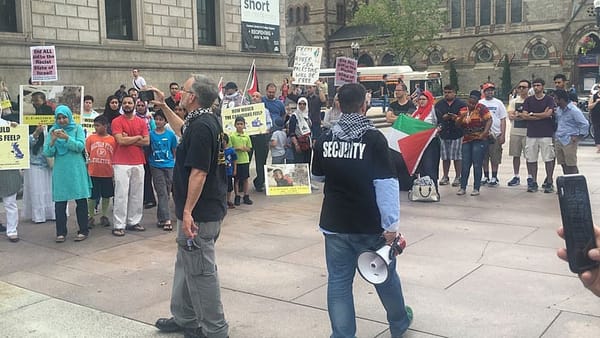A year in, does the Iran nuclear deal alleviate global and Israeli fears?

The nuclear agreement signed on July 14, 2015, between Iran and the P5+1 powers—the United States, the United Kingdom, France, China, Russia, and Germany—was a watershed event in international diplomacy and a key moment for U.S. President Barack Obama, who staked his legacy on the deal's success. One year later, should world nations, and perhaps most notably Israel, still view the Islamic Republic as a nuclear threat?
"In terms of compliance with the deal itself, I think it is going very well," Dalia Dassa Kaye, director of the Center for Middle East Public Policy at the Rand Corporation, told JNS.org."Basically, the bargain was Iran rolling back of key elements of the nuclear program in exchange for sanctions relief—those two key aspects of the deal have been met."

